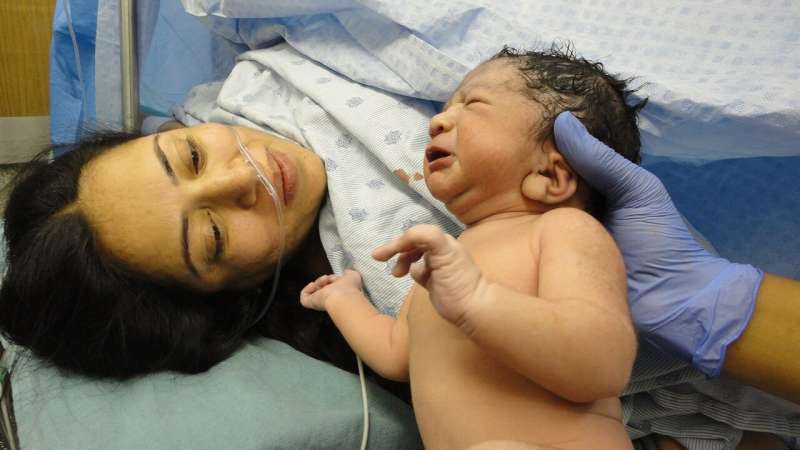Rising Tuberculosis Cases in Florida: Essential Information to Prevent Infection

In recent times, Florida has experienced an increase in tuberculosis (TB) cases, highlighting the importance of awareness and prevention measures. A high school in Broward County confirmed an active TB case, underscoring that this infectious bacterial disease remains a threat, despite being treatable.
Tuberculosis spreads primarily through the inhalation of airborne germs when an individual with active TB coughs, speaks, or sings. While it predominantly infects the lungs, it can also affect other organs like the brain and kidneys. Although the overall TB risk in the U.S. is still considered low, recent data shows a rise in cases, especially since 2021, after the COVID-19 pandemic began.
In 2024, Florida reported over 600 cases, ranking it as the fourth-highest state for TB infections. Nationwide, the U.S. documented approximately 10,347 cases, marking an 8% increase from the previous year. Many of these cases involve people born outside the country or those with weakened immune systems.
Understanding the types of TB is essential. Latent TB, where the bacteria remain dormant without causing symptoms or contagiousness, affects up to 13 million Americans. Conversely, active TB presents recognizable symptoms and is contagious. It’s vital to seek medical help if symptoms such as a persistent cough, blood in sputum, night sweats, weight loss, or fever occur.
Transmission occurs when respiratory droplets from an infected person are inhaled, often requiring prolonged close contact. High-risk groups include travelers to high-prevalence countries, individuals with compromised immune systems, and those spending extended time in enclosed spaces with infected persons.
Though the TB vaccine (Bacille Calmette-Guérin or BCG) exists, it’s rarely used in the U.S. due to its variable effectiveness and potential to interfere with TB testing. In Florida and many other regions with lower risks, testing typically involves skin or blood tests, with treatment regimens usually lasting several months involving antibiotics.
Early detection, proper testing, and prompt treatment are crucial to controlling TB infections. Awareness and preventive actions can significantly reduce the spread of this disease, which, while historically deadly, remains manageable with modern medicine.
For more information, consult healthcare professionals or visit https://medicalxpress.com/news/2025-05-florida-tuberculosis-cases-infection.html.
Stay Updated with Mia's Feed
Get the latest health & wellness insights delivered straight to your inbox.
Related Articles
Enhancing Rural Maternity Care: The Role of Family Physicians and Support for High-Need States
This article explores how family physicians improve maternity outcomes in rural areas and emphasizes the need for increased support and training in high-need states to expand access to quality maternity care.
Detection of Measles Virus in Houston Wastewater Prior to Reported Cases
Early detection of measles in Houston wastewater samples before clinical cases highlights the potential of environmental surveillance as a powerful tool in public health for outbreak prevention.
Increased Winter Child Mortality in England Revealed by New Research
New research shows a higher rate of child deaths in England during winter months, primarily driven by infections and socioeconomic factors. Learn more about these crucial findings.



